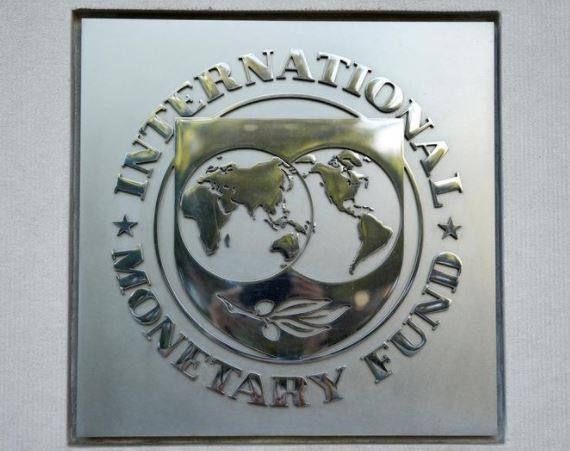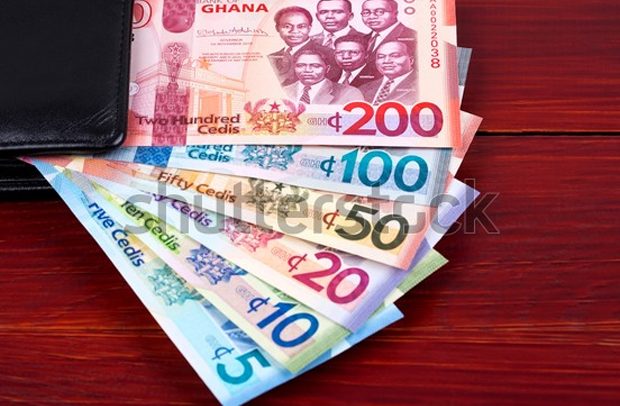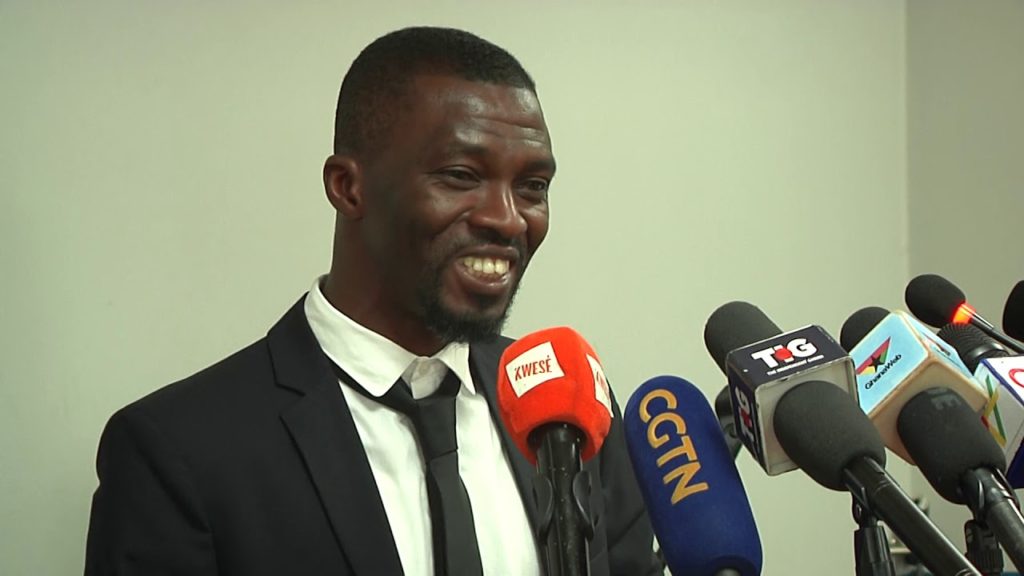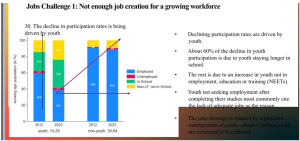
Inflation currently stands at 7.9 per cent as at December 2019, dropping from 8.2 per cent in November; whereas the policy rate stands at 16 per cent, unchanged since it was cut by a 100 basis points in January 2019 – a move which some analysts feel contributed to the cedi’s fast depreciation in the first half of the year.
In fact, as of the end of the third quarter of last year, the cedi had depreciated by 13 per cent against the US dollar. It is, for this reason, the IMF is cautioning the Monetary Policy Committee of the Bank of Ghana to keep the policy rate tight—i.e., to either maintain or increase it – as it prepares to announce a new rate this Friday.
“Inflation expectations remain aligned with the central bank’s target, and short-term real rates are above the historical average. This context suggests that the current policy rate is appropriate. The MPC should remain cautious as inflationary pressures could re-emerge, and a relatively tight stance may help stabilise the exchange rate and reduce FX interventions,” an Article IV Consultation report from the IMF advised.
The cedi’s persistent depreciation has even led to the formation of a FX Development Committee by the Ministry of Finance to investigate the causes: a move that has met vehement criticism from both the public and experts – saying it is duplication of work, as the Bank of Ghana is charged with the duty and responsibility of keeping the currency in check.
Besides the IMF caution, the Economist Intelligence Unit (EIU) country report for Ghana in December also raised some red flags regarding prices – especially in the build-up to the December general election. It, however, acknowledged that inflation will generally slow in 2020, making a good case for a policy rate cut at some point during the year.
“We expect annual average inflation will continue to moderate in 2020, averaging 8.1 per cent. Nonetheless, ongoing currency weakness combined with elevated government and private consumption levels ahead of the elections in that year will keep prices elevated… We expect inflation will continue to slow in 2020; as the BoG looks to support private lending, a rate cut at some point during the year looks to be likely,” the EIU said.
Meanwhile, the Bank of Ghana has constantly maintained that it will only ease its policy rate stance if it considers economic conditions favourable to do so.
In its last MPC meeting, it maintained the policy rate at 16 per cent with the reason that inflation still needs further monitoring.
“The latest forecast shows that inflation will remain within the target band over the forecast horizon, barring any unforeseen shocks. Inflation expectations, derived from the surveys, remain fairly anchored in single digits and core inflation (excluding energy and utilities) is expected to remain at low levels. In view of the Committee’s assessment, risks to the inflation outlook were broadly balanced; therefore, the Committee decided to maintain the policy rate at 16 per cent while monitoring developments going forward,” the MPC said. Read Full Story
















Facebook
Twitter
Pinterest
Instagram
Google+
YouTube
LinkedIn
RSS